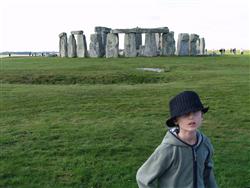
Study Conservation issues and learn how to manage natural environments
Develop a foundation for managing conservation of different environments. It reviews basic ecology and environmental problems such as pollution and land degradation before considering varying aspects of conservation.